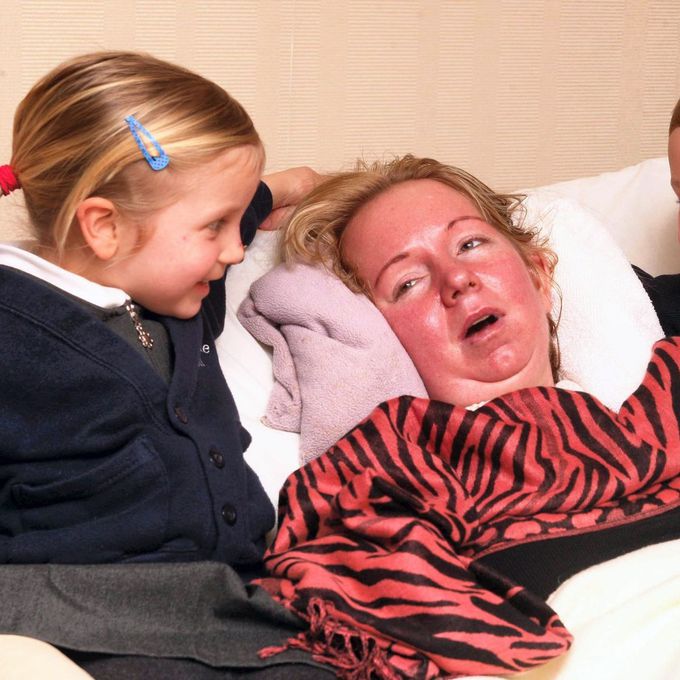


Locked-In!
Locked-in syndrome is a condition in which a person is aware and cognitively fine, however, he has complete paralysis of all voluntary muscle movements except vertical eye movements and blinking. It is thought to arise from damage to certain portions of the lower brain and brainstem with an intact upper brain. This is unlike persistent vegetative state in which the upper brain is damaged with lower brain sparing. Various causes have been implicated which include poisoning, brainstem stroke and traumatic brain injury. Unfortunately, muscle recovery is not achieved in the majority of cases yet some recent discoveries such as electrode stimulation of muscle reflexes offer some hope. Image via: https://www.manchestereveningnews.co.uk/news/greater-manchester-news/family-woman-locked-in-syndrome-say-1734983
الحمدلله الذي عافنا مما ابتلى به غيرنا وفضلنا على كثير من خلقه تفضيلا،good job doctor .great respect



